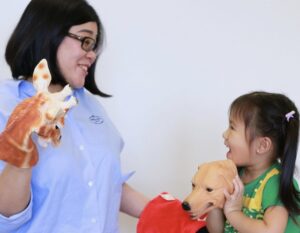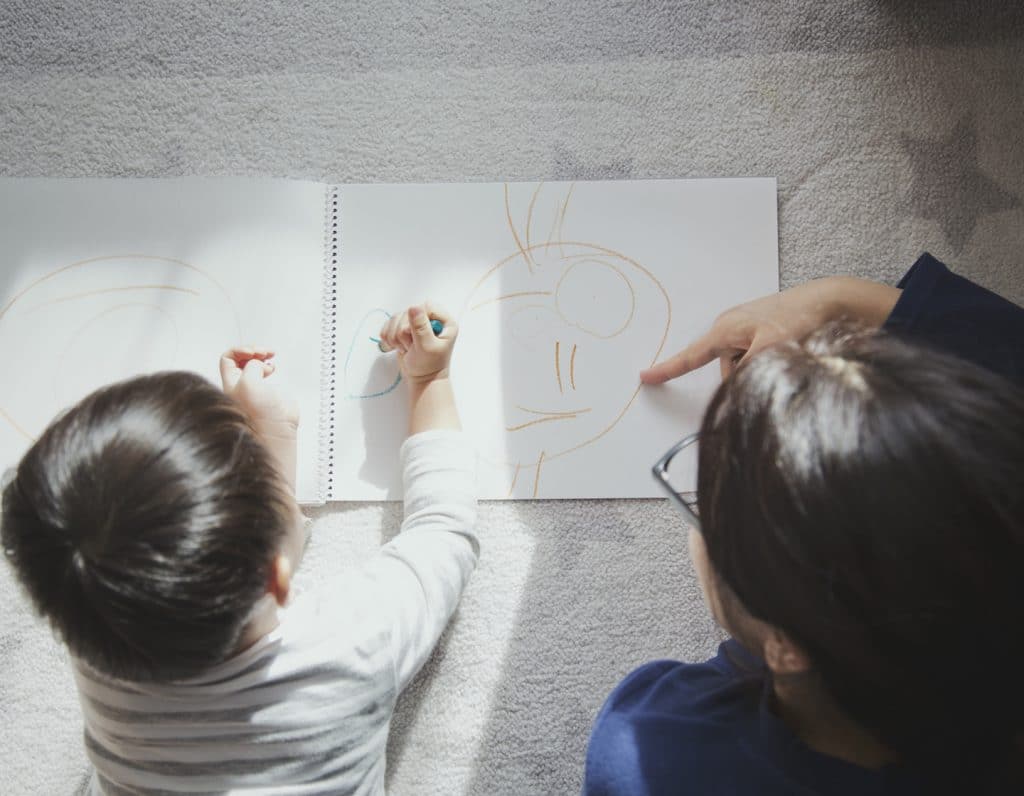
This new book based on research and real-life stories of autism families in Singapore, will help you and your child on your autism journey, both emotionally and practically
Pippa Gresham is a school counsellor and mother to four kids all born here in Singapore. Following her touching Open Letter to her eldest daughter, Hetty, we’ve asked Pippa to review Jasmine Goh’s new book My Unique Child: A Practical Guide to Raising a Child with Autism, which offers practical tips for raising a child with autism during each stage of the journey from diagnosis to adulthood, specially written for a modern Asian society like Singapore.
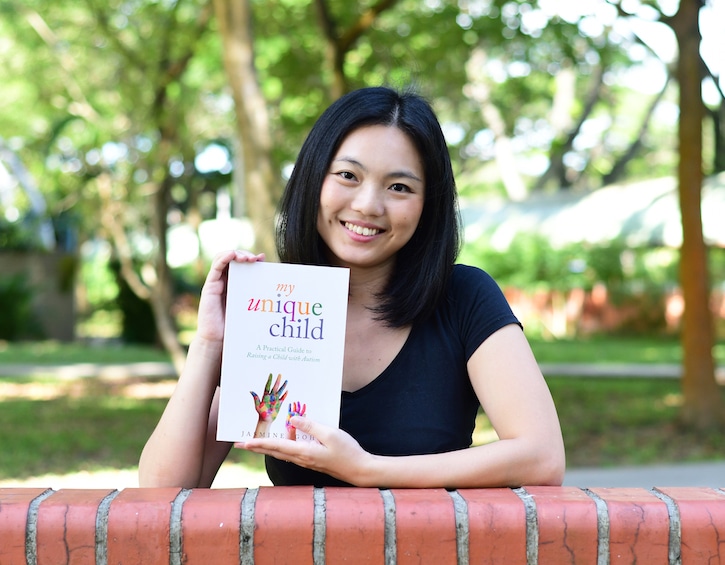
Jasmine Goh is open in her preface about her unadulterated advocacy for autism and that her impetus for writing such a rare, practical-yet-sensitive guide is not driven emotionally or professionally but simply to generously offer her insights, research and handy suggestions for the ‘whole family’ with neutrality and awareness. My Unique Child covers the whole gambit of options and possibilities in navigating the world of autism, and whilst leaving no unsavoury rock unturned, she gives a big literary hug to those struggling with the weight of the challenge.
Indeed, the first chapter embraces the range of emotions associated with an initial diagnosis, and acknowledges the potential disappointment and grief that can come part and parcel with the change in life-path. The pertinent analogy of an airplane oxygen mask to support yourself first and foremost before you support your child resonates deeply, not only for the benefit the child in question, but also for siblings, too.
Writing from an Asian context, Goh is able to grant solace for those struggling in a perhaps more stigmatized society or family-structure to keep things behind closed doors. This is reinforced in one of many beautiful personal stories, when the ‘Mother of Immanuel’ admits that “hiding things just doesn’t help” and others acknowledge their struggles in a results-driven educational model where one size doesn’t fit all.
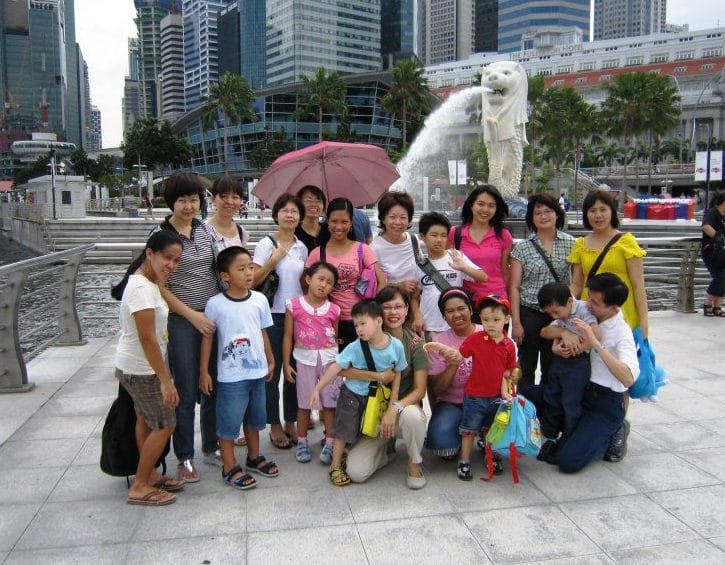
The structure of the book is succinct and yet packed full of support plans, real-life stories, guided reading and educational apps and websites, from initial diagnosis to puberty/physical health, and from minding your marriage to educational financial planning. The summary action plan at the end of each chapter is a user-friendly reference point and acts as a clip-board of tips and reminders which you can dip in and out of when the relevancy is needed in your personal journey.
Jasmine Goh does not shy away from exposing parents’ deepest fears such as “What will happen when I am not around?” and also “What does the future hold…?” Personally this is not a thought-process that I enjoy pursuing, as my coping mechanisms function more effectively when focusing on the present, but Goh acknowledges it, not to catastrophize or sensationalize, but rather to prepare and pave the future appropriately with “autonomy and dignity” by defining the need for long-term goals.
Being a practical guide, My Unique Child also introduces concepts and current research models that parents or carers may want to look into in more detail. Goh does not ever mask her admission that she does not have all the answers, but by introducing more complex pursuits for enquiry, it allows the parent to assess its need or appropriateness for their current situation and perhaps do more research or even training to enforce its methodology effectively.
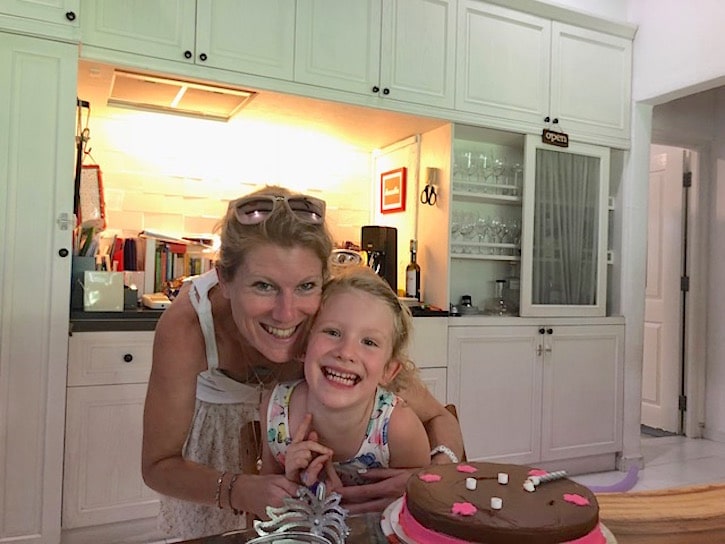
Having a large family myself, one chapter I found particularly fascinating was the ‘caring for siblings’ section and the ‘3 broad stages in the development of concepts,’ where the adult brain has to open up to the fact that although the siblings may be more ‘typical’ in their development, their ability to formulate thoughts and experience may be underdeveloped and take longer to mature. Therefore, Goh practically reinforces how we as adults should open up discussions to facilitate their better comprehension and empathy. This is also particularly pertinent outside the family in navigating or understanding other kids’ reactions in the wider sphere either socially or in school. This is something that I have always found one of the hardest ‘teaching moments’, when the heartbreak of seeing a child excluded or victim to a harsh word is so real.
My Unique Child is a fantastic springboard for those who are starting out on their autism journey and need an emotional and practical ‘to-do list’ but equally those who are more established on their path will find solace in the personal stories and straight-forward reminders that forewarned is definitely forearmed.
My Unique Child is available online at www.ouruniquestories.com $28.
Read more: Author Eva Wong Nava on Autism, Empathy and ‘Open: A Boy’s Wayang Adventure’






 View All
View All




 View All
View All









 View All
View All





